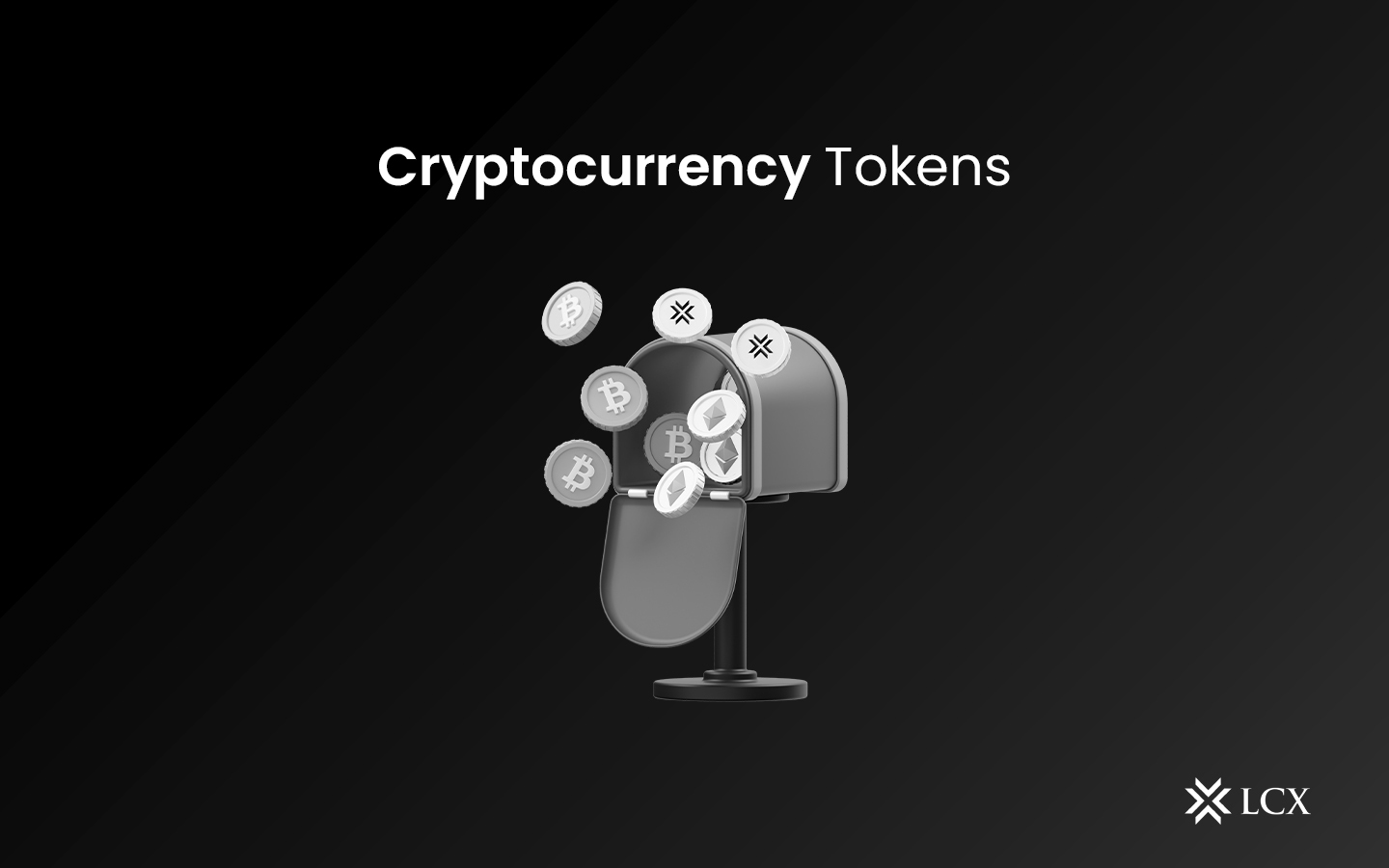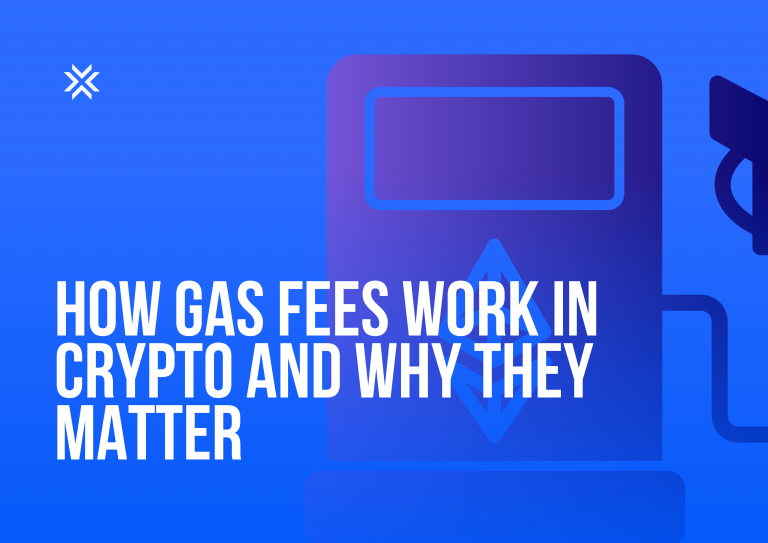Cryptocurrency has been a volatile space, it has witnessed a huge rise and huge drops as well. But currently, people are understanding the concept and trying to know more about it so that it becomes easy for them to enter this industry. There are many people who are curious about crypto but somehow hesitate to get into it.
Crypto can appear to be very intimidating and overwhelming, particularly with all of the terms that everyone in crypto should be familiar with. Cryptocurrency tokens and their various types are one example. You’ve come to the right place if you’re perplexed about it.
Tokens and coins: one is not the same as the other
Although both tokens and coins fall under the umbrella term “cryptocurrency,” they are not the same thing. A token is used to represent a non-cash asset, such as an ownership stake in a company; special rights within a blockchain, such as voting rights; or instant access to a development of the product by the company issuing the token.
Coins, on the other hand, are only used to represent money. Depending on demand and market pressures, a coin always has a cash equivalent. Tokens can have worth, but they do not exist solely to transfer value. They are typically intended for purposes other than a simple monetary transaction.
Cryptocurrency Tokens
In the cryptocurrency world, there really is something identified as cryptocurrency tokens, or simply tokens. Tokenization is defined as “the process of developing tokens as a medium of data, often replacing highly sensitive data with algorithmically produced numbers and letters called tokens” by CoinMarketCap.
Tokens of various types are available in the crypto market. These are their names:
Governance Tokens
Individuals who hold governance tokens have “rights over the protocol to which they subscribe, or rights over the applications and tools built on top of the protocol.” Developers create these tokens so that the future of a protocol can be formed with the help of token holders.
Maker is the most popular example of a governance token (MKR). MKR holders have the ability to vote on decisions involving a protocol known as decentralized finance (DeFi).
Security Tokens
A utility is not required for security tokens. A security token represents ownership, most popularly a share of the issuing company the token. The idea is the same as purchasing stock on a traditional stock exchange. As a result, security tokens are also known as equity tokens.
Financial regulatory authorities consider security tokens to be securities. As a result, a security token is subject to regulations in the same way that regular stocks and bonds are.
In the crypto space some investors, which have been hugely unregulated or left to operate in legal limbo, may view this as a negative. Traditional finance investors, on the other hand, may rejoice that security tokens provide all of the legal safeguards and regulatory clarity that they are accustomed to.
Utility Tokens
A utility token serves a specific use case within an ecosystem. These tokens enable users to carry out a specific action on a network.
It is distinct within its ecosystem. For example, LCX Token is an exchange based utility token which grants all users a reduction of trading fees at LCX’s compliant digital asset exchange and many more benefits.
Utility tokens are not cryptocurrencies that can be mined. They are typically pre-mined, meaning they are created all at once and distributed in a manner determined by the project’s team.
Conclusion
The tokens that are explained above have a specific purpose and uses. Defining every type of token is a significant step towards offering a deeper understanding of how they work and are used by the organization.









